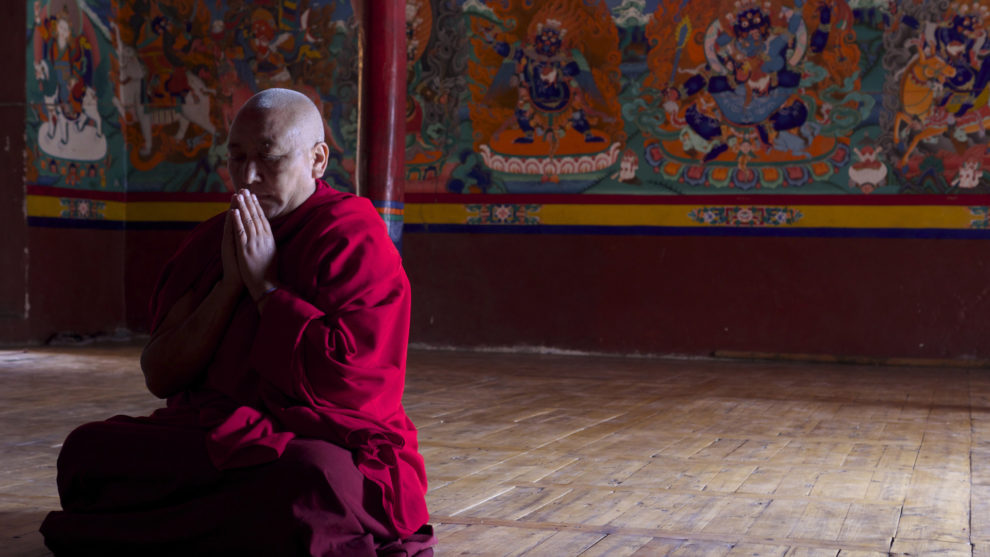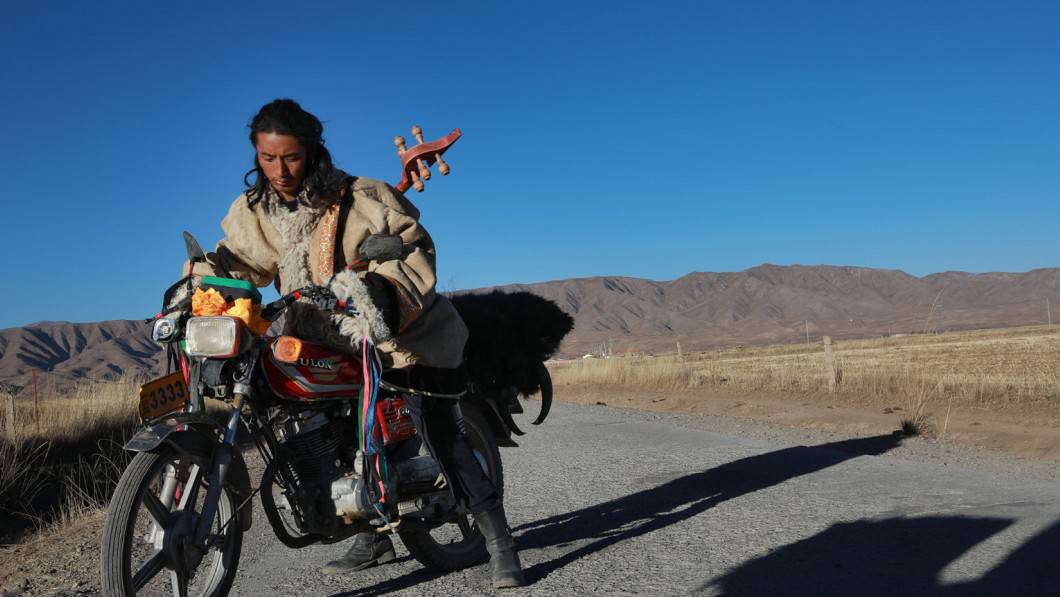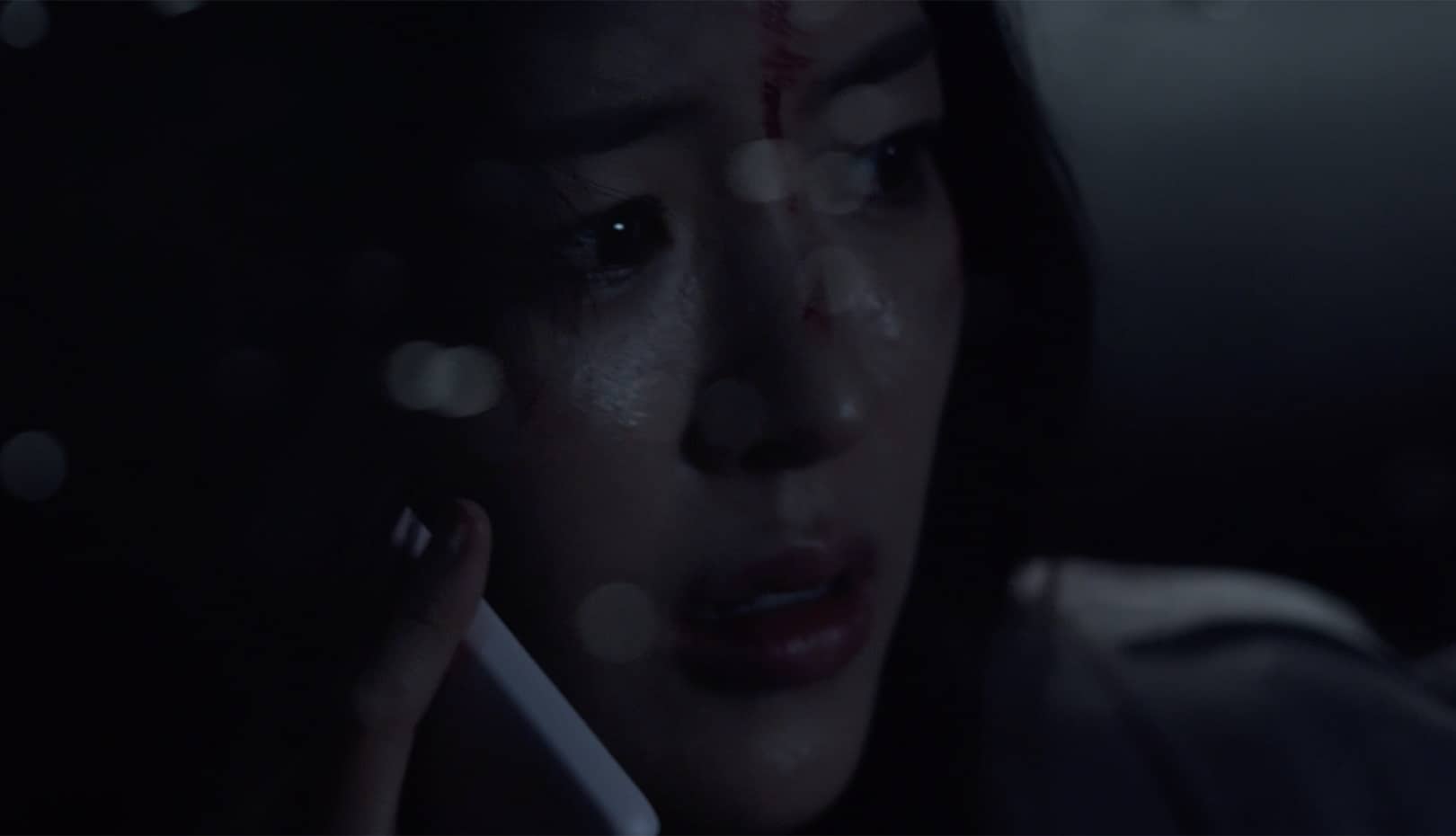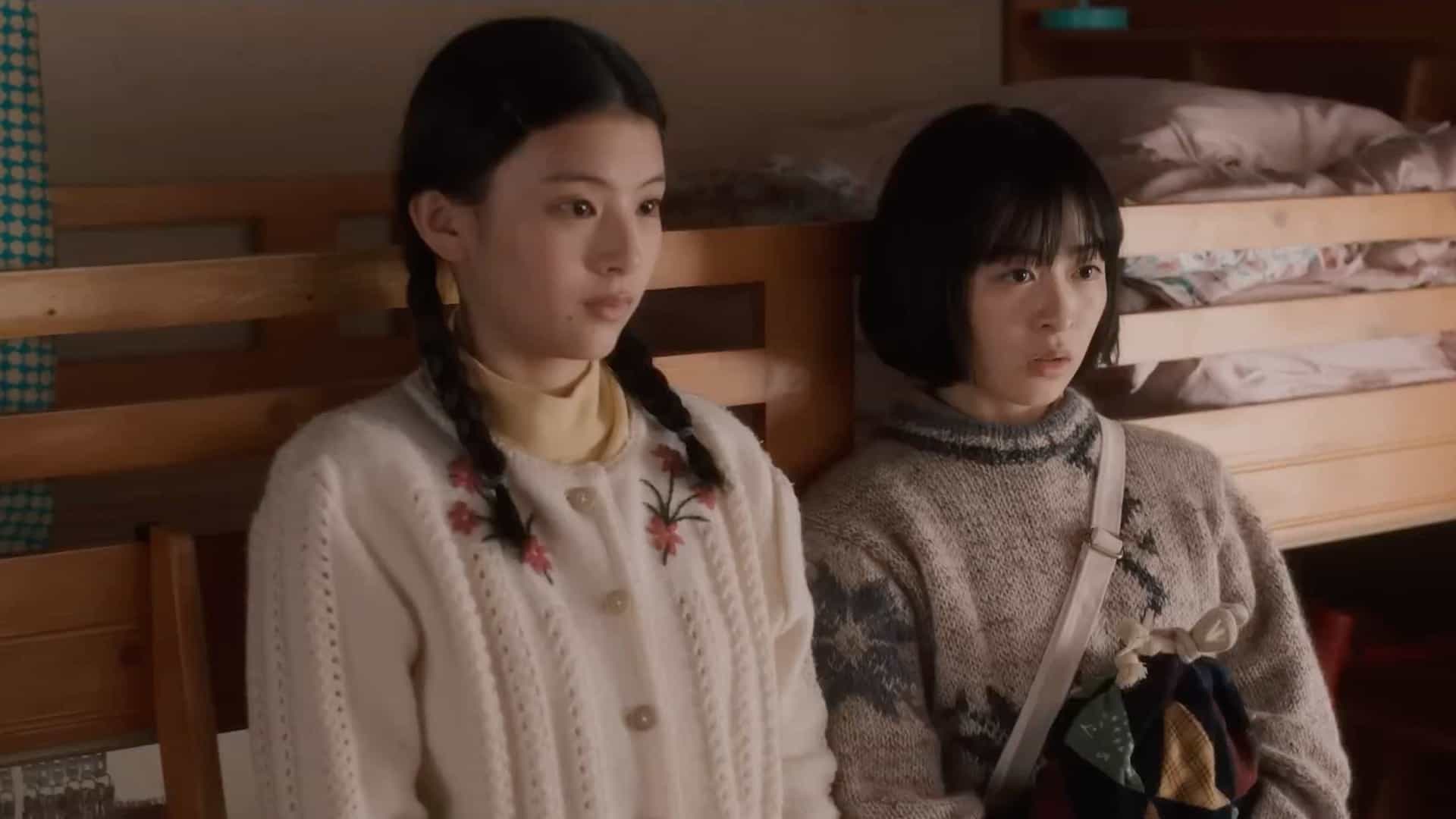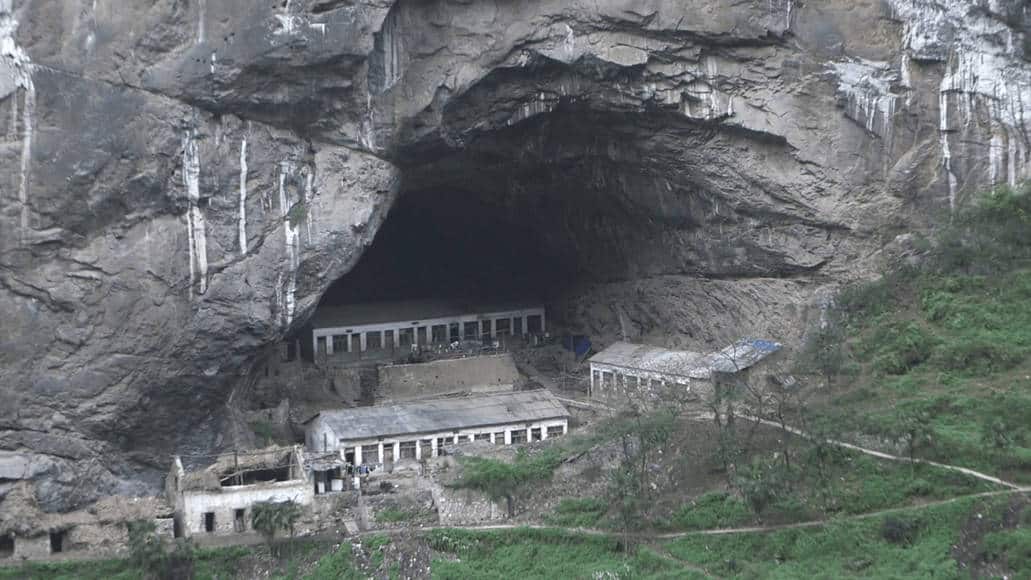Deciding for a life as a monk or nun, especially in modern times, seems rather anachronistic to some. At its core, the choice to lead a life within the hierarchy of a monastery is always a decision for the community, the collective if you will, rather than the individual, which people often do not seem to fully comprehend, given our social framework of self-fulfillment, the focus on a career and advancing in your life. However, when those concepts come under scrutiny, it also reveals how little we know about a life dedicated to faith, and how our ideas about it are defined by notions which may have been part of this particular life at some point, but are certainly no longer there. Instead, a closer look may offer an interesting insight into the nature of faith as well as the extraordinary achievements you can make possible as a monk or nun.
“Tsunma, Tsunma” screened at Asian Pop-up Cinema

Whether these ideas have been on Lin Li-fang's mind when she decided to make the life of Tibetan Buddhist nuns the center of her 2018 documentary is unknown, but she certainly deals with these aspects in her feature. For “Tsunma, Tsunma, My Summer With the Female Monastics of the Himalaya” the Taiwanese photographer traveled to the Himalayan Plateau, deep in the mountains where she met and spoke to several nuns, their motives for this choice in her life, her daily routine and her roles within the community.
Perhaps the most important aspect in Li-fang's documentary is the way she portrays these women within their community, the villages they live and work in as well as the monasteries. With the mountains of the Himalaya being the impressive background, she follows the life of three nuns from various ages and how they have found their purpose fulfilling the roles of educators or doctors. Many of the nuns she talks to, for example, Dr. Palmo, a physician and also founder of a monastery for nuns, are quite open about the decision that have made her choose a life dedicated to faith, which has often been criticized by their parents, friends and relatives.
Additionally, the nuns are integral within the communities they live in. While also dependent on their acceptance of often also their financial support, they offer essential services, for instance education, medical treatment and also spiritual guidance. Given the remoteness of the places Li-fang visits over the course of the documentary, her audience can only imagine the importance of these women, a role associated with a level of responsibility that denied the traditional image of the housewife and mother.
In the end “Tsunma, Tsunma, My Summer With the Female Monastics of the Himalaya” is a very interesting documentary about Tibetan Buddhist nuns, their roles within society and their dedication to faith and hope. It is a feature which benefits just as much from its charismatic protagonists as it does from the breathtaking background of the Himalaya.


